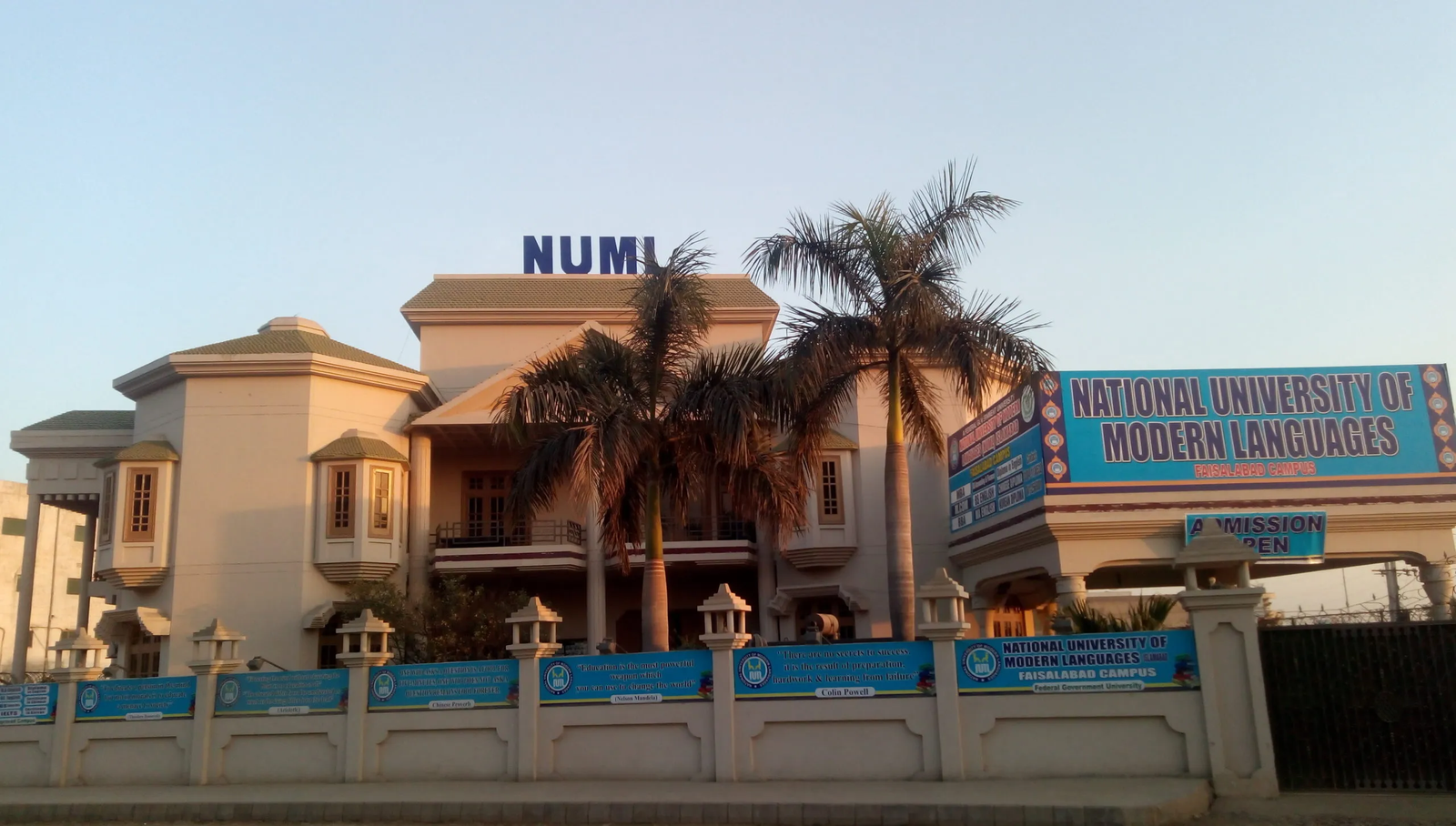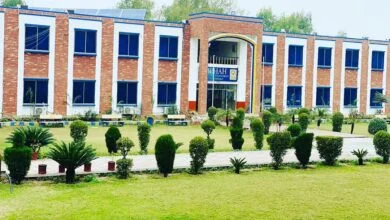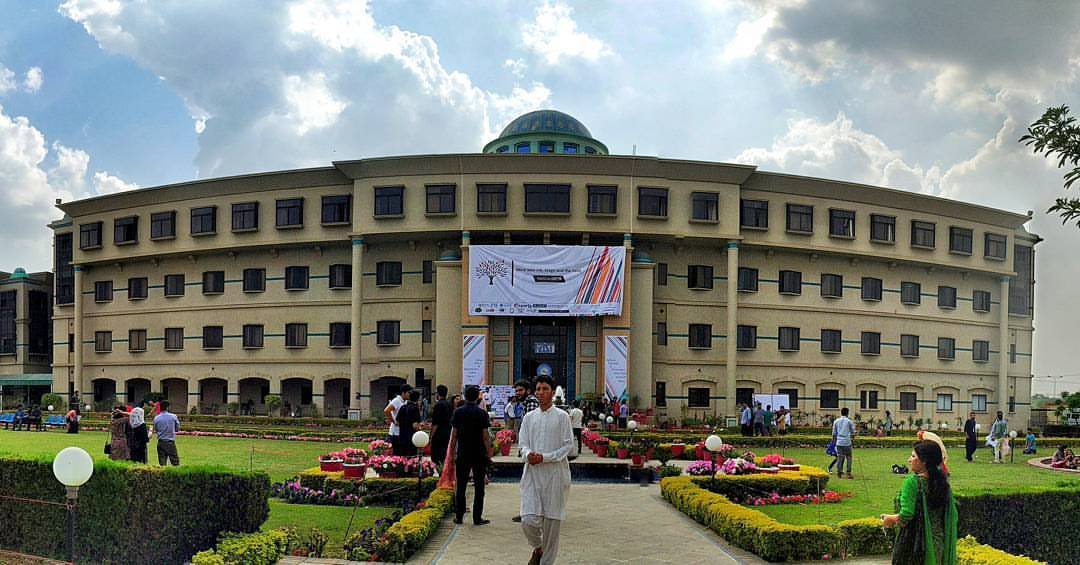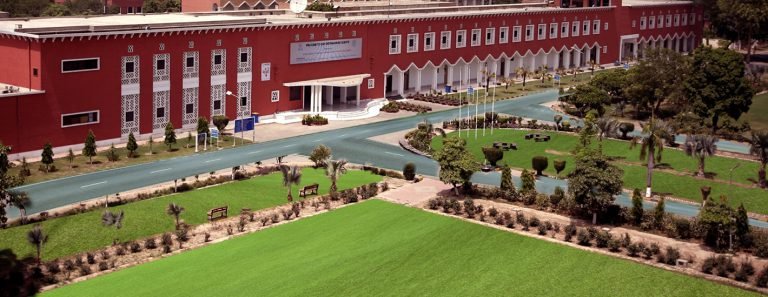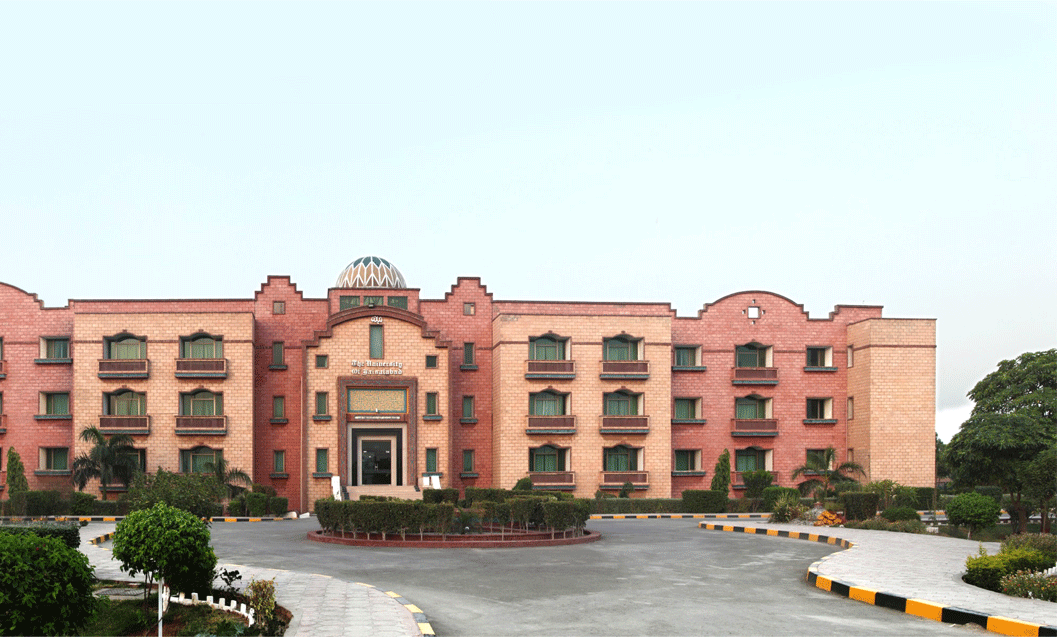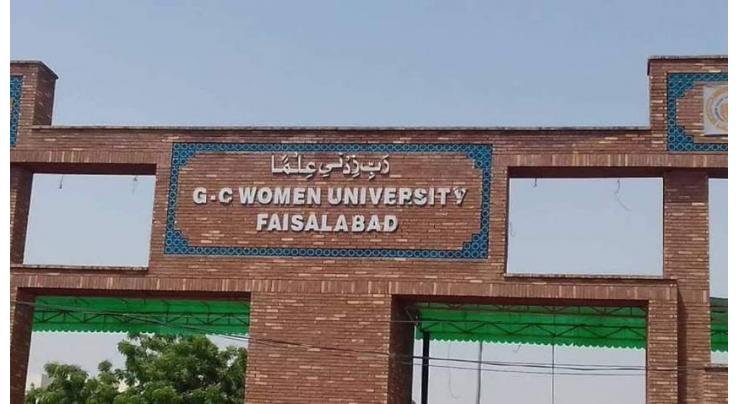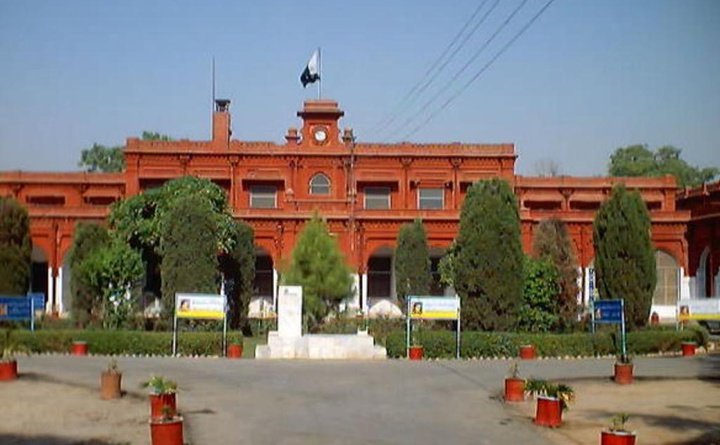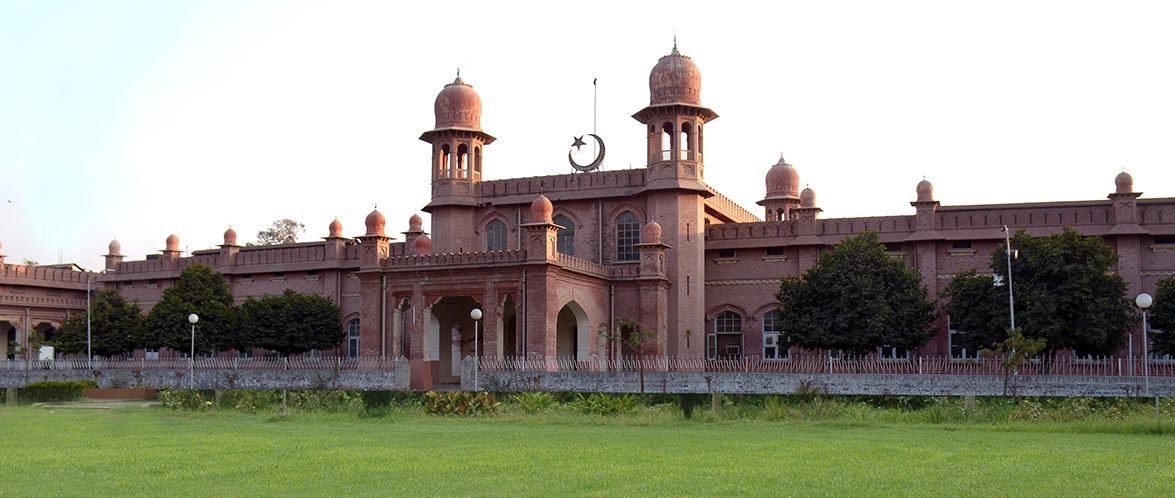National University of Modern Languages
The National University of Modern Languages (NUML) Faisalabad Campus stands as a leading institution dedicated to offering top-tier education across a variety of academic disciplines. As part of NUML’s nationwide network of campuses, the Faisalabad branch has played a critical role since its establishment in 2006, contributing to the academic and professional development of students in the region. History and Overview Founded to support the educational and industrial growth of Faisalabad, NUML Faisalabad’s mission is rooted in preparing students for real-world challenges through a blend of practical and theoretical instruction. While NUML is nationally renowned for its expansive language education offerings, the Faisalabad campus has diversified to include a broad range of programs across sciences, business, psychology, and international relations. Academic Programs NUML Faisalabad delivers a wide range of undergraduate and graduate programs, each designed to instill critical thinking, communication, and technical expertise. Department of Computer Sciences Department of Management Sciences Department of Languages Department of Psychology Department of Social Sciences Department of Accounting & Finance Faculty and Research The university prides itself on an experienced and research-driven faculty, many of whom hold PhDs and are active contributors to academic literature, conferences, and scholarly journals. A number of professors serve as PhD supervisors, providing mentorship and guidance to students pursuing advanced research. Campus Facilities NUML Faisalabad is equipped with modern educational infrastructure to support a dynamic learning environment. Facilities include: Administrative Support The administrative team at NUML Faisalabad works hand-in-hand with the academic departments to deliver a smooth student experience. From admissions and academic services to student support and campus management, the staff plays a vital role in campus operations and student satisfaction. Contact Information Campus Address:5 Km Main Jaranwala Road, Near Police Station Saddar, Faisalabad, Pakistan Phone: 041-2422572Email: shraza@numl.edu.pk Why Choose NUML Faisalabad?
